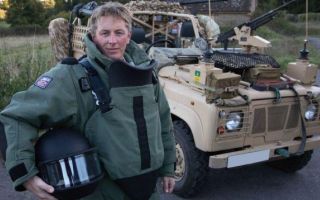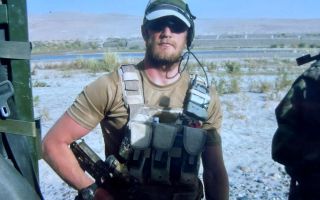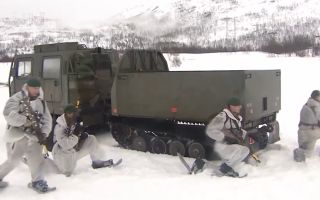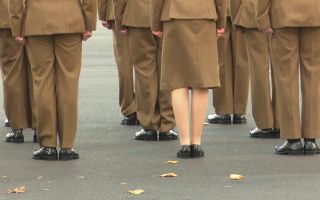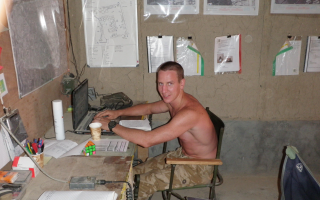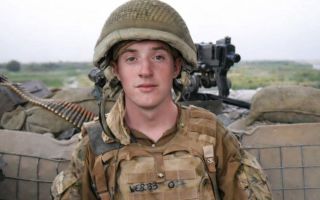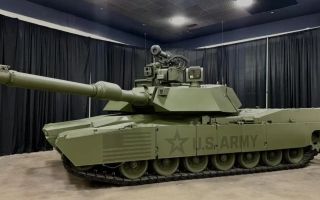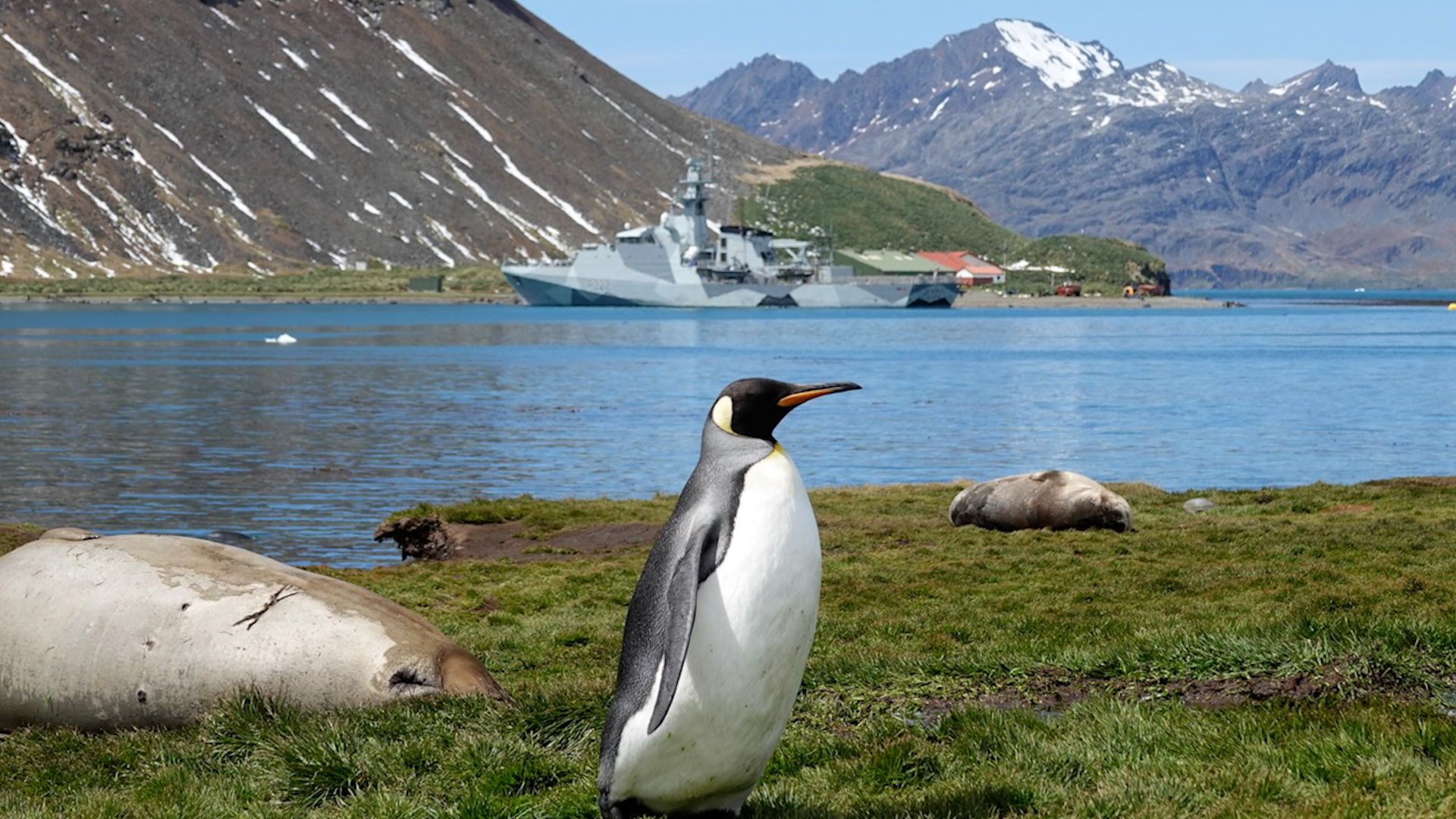
Penguins of South Georgia get visit from HMS Forth on latest patrol mission in South Atlantic

HMS Forth, the first of the Royal Navy's new Offshore Patrol Vessels, has paid a visit to the remote island of South Georgia, meeting some of its permanent residents - penguins and seals.
South Georgia is a British Overseas Territory 800 miles east of the Falkland Islands, and part of HMS Forth's mission is to regularly patrol the waters.
The vessel offers reassurance and protection in and around the Falkland Islands, and assists the Government in protecting the sovereignty of their waters.
South Georgia was the first place to be occupied by Argentinian forces in March 1982 - and the first to be liberated by British forces the following month.
HMS Forth is the Royal Navy's permanent presence in the waters of the South Atlantic.
Her remit is to protect the nation’s interests at sea, whether that means safeguarding fishing stocks in UK waters, or offering reassurance and protection in the Falklands..
HMS Forth also has a flight deck and is armed with an array of weaponry, meaning she can support a range of operations from counter-piracy to anti-smuggling.
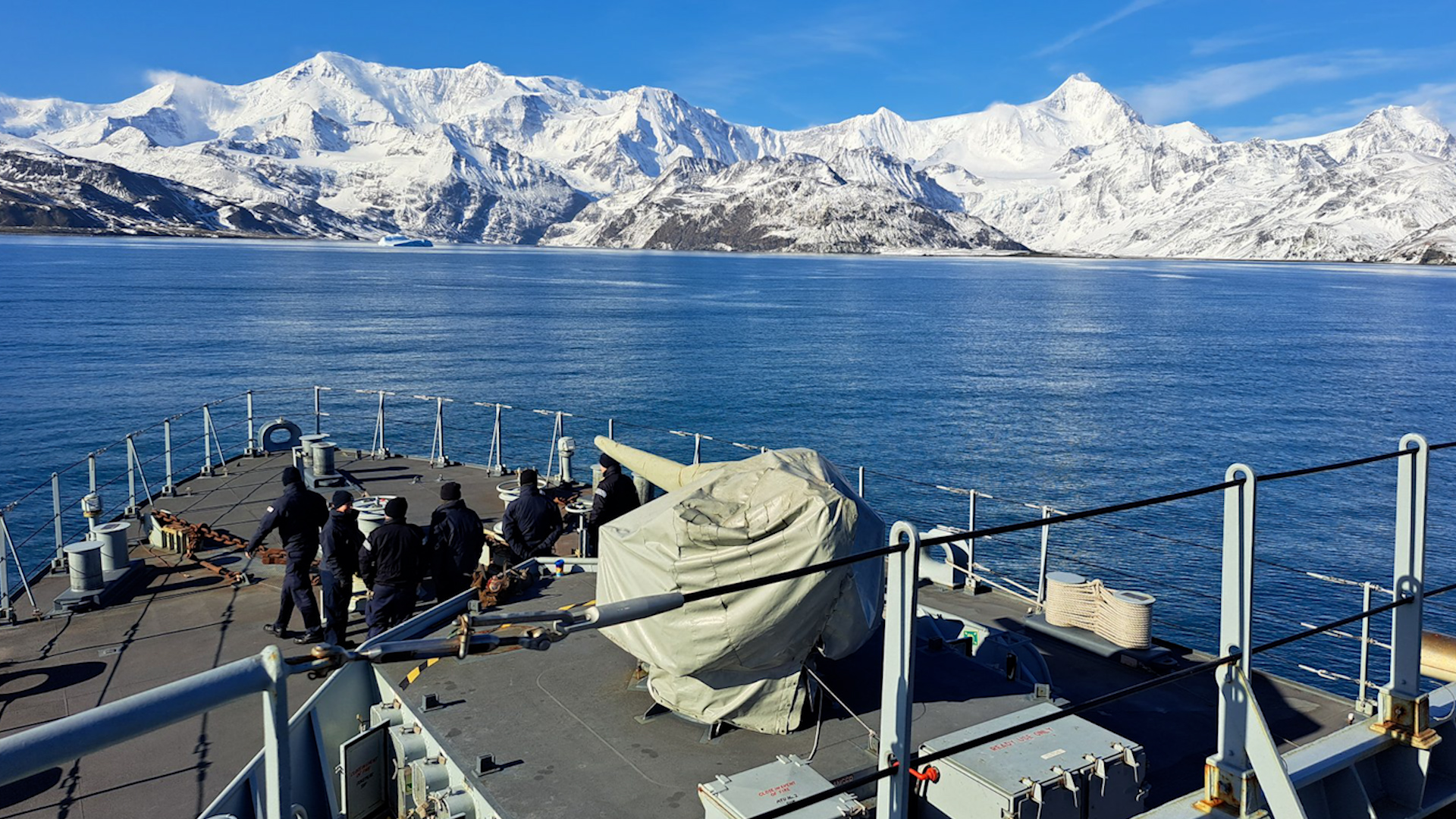
In 2021, HMS Forth took bomb disposal experts to South Georgia on an environmental protection mission.
The specialists visited as part of a mission to protect the island's wildlife.
Explosive Ordnance Disposal technicians from the British Army's Royal Logistic Corps were sent to find and deal with devices left over from the Falklands War in 1982.
They found rocket motors that could threaten the safety of scientists from the British Antarctic Survey which works there through the year, or the native wildlife, which includes seals, seabirds and penguins.

